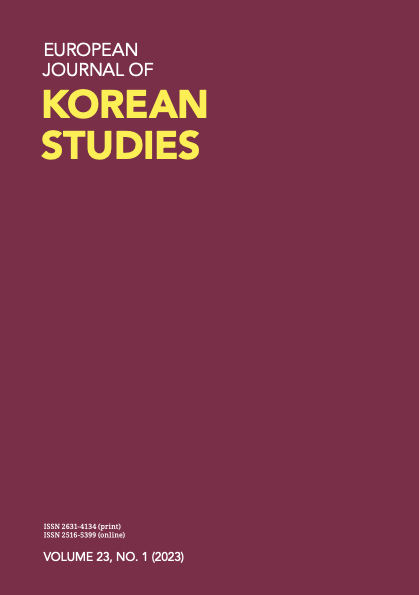Dreams of Socialism Reflected in a 1947 North Korean School Textbook (5-22)
Abstract In 1945, with the participation of the Soviet Union, which sent naval forces to the northern coast of the Korean peninsula as well as paratroopers to Pyongyang, Korea was liberated from Japanese colonial rule. A limited contingent of Red Army units was dispatched in the northern part of the Korean peninsula to accept Japanese…
